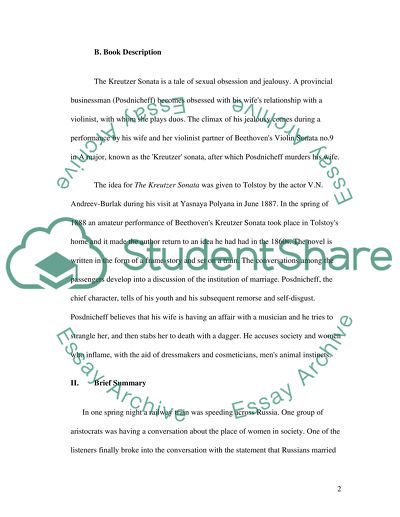Cite this document
(“(When I saw a lady in a ballgown....I was frankly terrified.... and I Essay”, n.d.)
(When I saw a lady in a ballgown.I was frankly terrified. and I Essay. Retrieved from https://studentshare.org/miscellaneous/1552942-when-i-saw-a-lady-in-a-ballgowni-was-frankly-terrified-and-i-wanted-to-call-a-policeman-are-woman-represented-as-the-agents-or-the-victims-of-sexual
(When I saw a lady in a ballgown.I was frankly terrified. and I Essay. Retrieved from https://studentshare.org/miscellaneous/1552942-when-i-saw-a-lady-in-a-ballgowni-was-frankly-terrified-and-i-wanted-to-call-a-policeman-are-woman-represented-as-the-agents-or-the-victims-of-sexual
((When I Saw a Lady in a ballgown....I Was Frankly terrified.... And I Essay)
(When I Saw a Lady in a ballgown....I Was Frankly terrified.... And I Essay. https://studentshare.org/miscellaneous/1552942-when-i-saw-a-lady-in-a-ballgowni-was-frankly-terrified-and-i-wanted-to-call-a-policeman-are-woman-represented-as-the-agents-or-the-victims-of-sexual.
(When I Saw a Lady in a ballgown....I Was Frankly terrified.... And I Essay. https://studentshare.org/miscellaneous/1552942-when-i-saw-a-lady-in-a-ballgowni-was-frankly-terrified-and-i-wanted-to-call-a-policeman-are-woman-represented-as-the-agents-or-the-victims-of-sexual.
“(When I Saw a Lady in a ballgown....I Was Frankly terrified.... And I Essay”, n.d. https://studentshare.org/miscellaneous/1552942-when-i-saw-a-lady-in-a-ballgowni-was-frankly-terrified-and-i-wanted-to-call-a-policeman-are-woman-represented-as-the-agents-or-the-victims-of-sexual.


